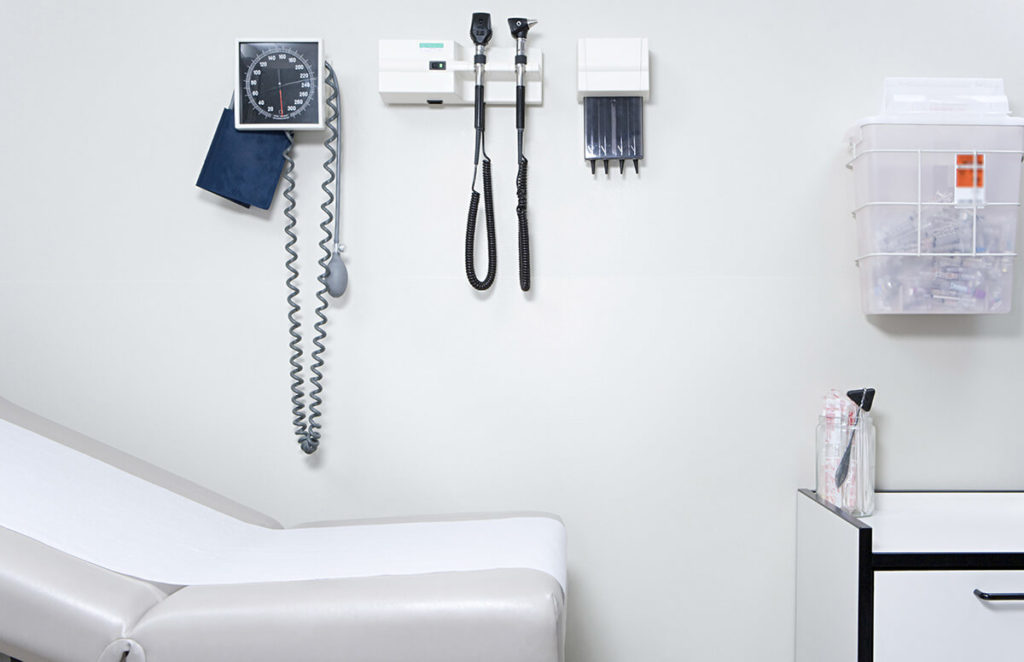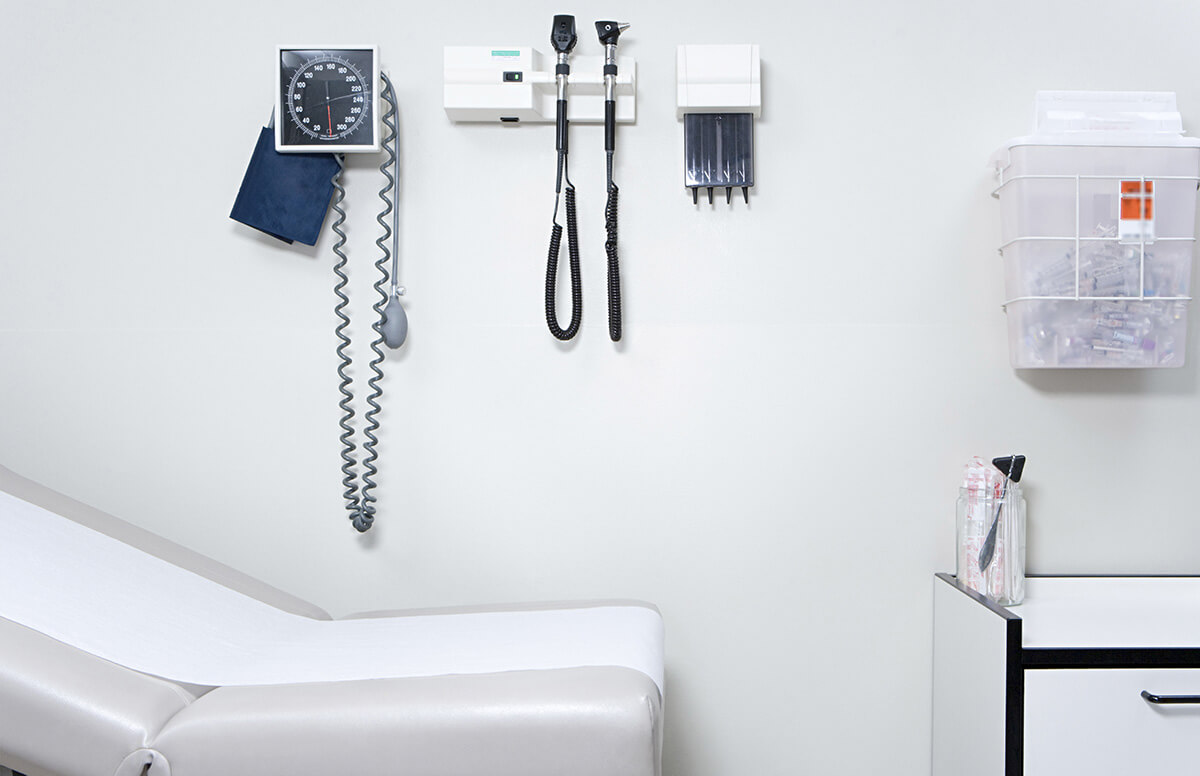by Dr. Terry Fulmer, President, The John A. Hartford Foundation. This article originally appeared on Next Avenue.

As you get older, your medical care can ripple across every aspect of your life. It might be a prescription that makes you too tired for dinner with the family. You may love bowling, but a hip replacement has kept you off the lanes much longer than you expected. You might feel sad and withdrawn from friends, unsure if it’s depression or because you can’t hear as well anymore.
In all of these examples, your health care providers can likely do more to help manage these issues than they do now.
Putting Patients Front and Center
The good news is that change in how doctors treat patients is happening right now. A growing number of hospitals and health systems in the United States are part of an important new movement that puts the voices of older patients front and center in an effort to transform health care. It’s known as the Age-Friendly Health Systems initiative, and it focuses on four essential elements of caring for older adults, called the 4Ms:
- The first M is “what matters.” Everyone on a patient’s health care team should listen — really listen — to their patients so they understand and can act upon that patient’s goals and care preferences, which change as we age.
- The second M is “mentation.” Mentation is about your mental status and concerns preventing, identifying, treating and managing dementia, depression and delirium.
- The third M is “mobility.” This puts a priority on moving safely every day to maintain function and independence in every setting of care. Mobility, whether in the ICU or the home, ranges from getting out of bed to walking the dog and everything in between. Plans for care should consider a person’s mobility level and strive to maintain or improve it.
- The final M is “medication.” If medications are necessary, doctors and nurse practitioners should prescribe what we call “age-friendly medications” that do not interfere with what matters, mentation or mobility.
To make all health systems age-friendly, we need two things:
You Decide What’s Best for Your Health
First, we all need to take an active role in our health care, telling our doctors and nurses what matters most to us and what health goals we want to achieve. Too many people have been conditioned to let health care professionals take the steering wheel, while passively trusting them to decide what’s best for their health. This leads to unanswered questions and unexplored options. It can be scary at first, but it is essential to speak up.
For example, if attending your grandchild’s graduation in another state is what matters to you, tell your doctor. The treatments and medications the doctor recommends may change by knowing this is your goal. You might postpone your hip surgery or develop a different physical therapy plan to maintain your mobility and make the trip.
Even though it was once taboo, discussing memory and mental health issues with your health care providers is imperative. Any signs of fuzzy memory or confusion should be addressed. Tell your doctors or nurse practitioners about your medications and how they make you feel. Two out of three older adults are on more than five medications, and dangerous medication interactions are unfortunately common. Overprescribing is also a problem. If your medications aren’t helping you achieve your goals, then they should be reconsidered.
Second, health systems need the training and tools to make sure the 4Ms are addressed in every interaction with older patients. The John A. Hartford Foundation (a Next Avenue funder) is working with health care partners right now to make sure this happens. And to date, more than 125 health systems have signed up for coaching on the principles of age-friendly care.
The outdated idea of thinking about “what’s the matter with the patient?” must give way to “what matters to the patient” as people live longer than ever. This is a goal of the Age-Friendly Health Systems initiative. Hospitals and health systems are doing that by making sure the 4Ms are present across every setting of care — whether it’s in the home, hospital, clinic, emergency room or long-term care facility.
Patients have a key role to play. While doctors and nurses are the qualified experts to provide care, every patient is an expert in their own lives and what matters most to them.
Terry Fulmer is the president of The John A. Hartford Foundation, a foundation in New York City dedicated to improving the care of older adults. Established in 1929, the Foundation has a current endowment of more than half a billion dollars and is world renowned for philanthropy devoted exclusively to the health of older adults. She serves as the chief strategist for the Foundation and was recently recognized for her leadership as one of the top 50 Influencers in Aging by PBS’ Next Avenue. Fulmer is chair of the Bassett Medical Center Board in Cooperstown, N.Y. — an affiliate of the Bassett Health Network, which covers more than 5,000 square miles of predominantly rural communities upstate New York.
The John A. Hartford Foundation is a generous supporter of the Diverse Elders Coalition’s family caregiving initiative. Learn more about our work on family caregiving by clicking here.
The opinions expressed in this article are those of the author and do not necessarily reflect those of the Diverse Elders Coalition.

